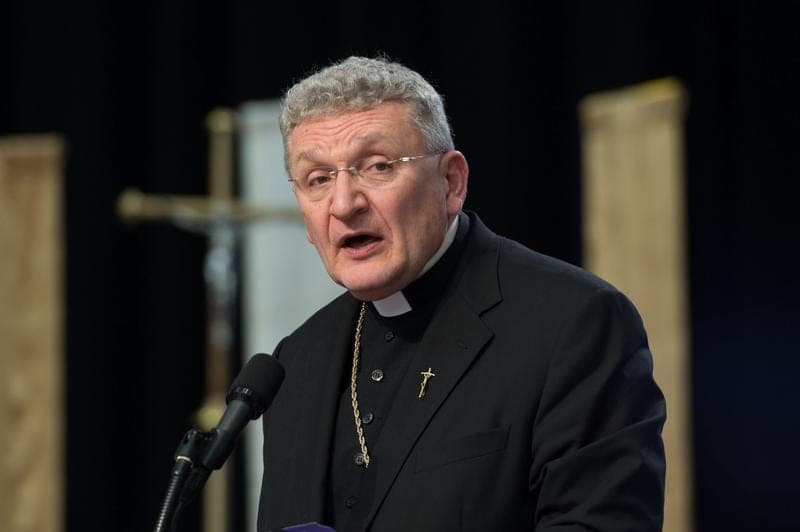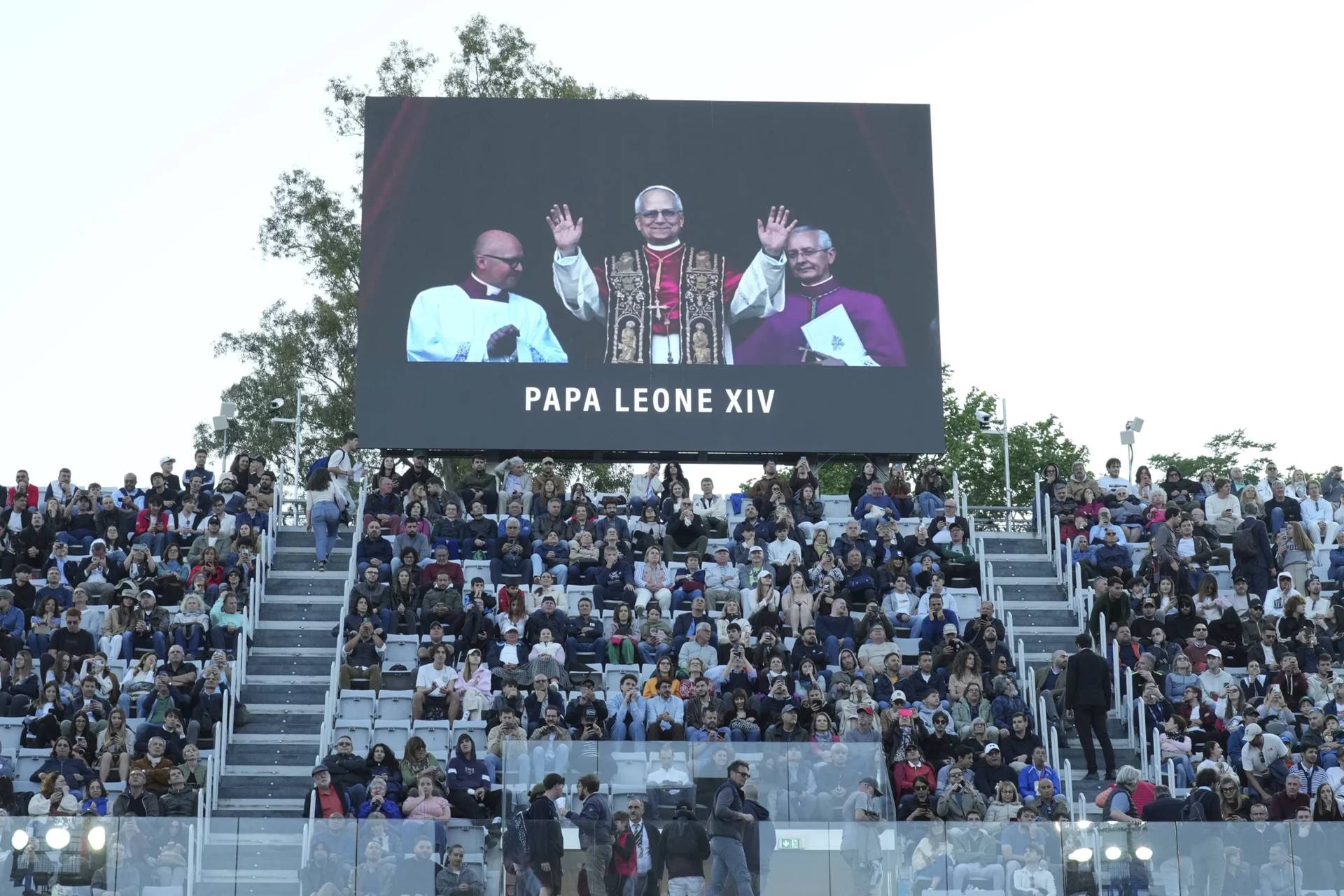PITTSBURGH, Pennsylvania — The bishop of Pittsburgh’s Roman Catholic diocese said on Saturday he will release the names of any members of his clergy who are accused in a state grand jury report of sexual misconduct with a minor.
In a letter being read at all Masses this weekend, Bishop David Zubik said he will go public with the names once the grand jury report has been released. His announcement came days after the Harrisburg Diocese identified 71 priests and other members of the Church who had been accused of child sex abuse.
The state Supreme Court disclosed recently that the grand jury had identified more than 300 “predator priests” in the six dioceses that were investigated: Allentown, Erie, Greensburg, Harrisburg, Pittsburgh and Scranton. Together, those dioceses minister to more than 1.7 million Catholics.
Previous investigations found widespread sexual abuse by priests in the state’s two other dioceses: Philadelphia and Altoona-Johnstown.
The release of the nearly 900-page report has been held up by challenges by some priests and former priests. The court ruled that a version with some names blacked out can be made public within days. The Erie Diocese released its own findings on clergy abuse in April.
Zubik, who has been bishop for 11 years, called the grand jury report “a sad and tragic description of events that occurred within the Church” and said his diocese has not tried to block it.
In releasing the names, Zubik said, “It is my hope that doing so will further strengthen the trust that you, the faithful, have placed in our diocese and in the ministry of our priests and deacons.”
He said he has met many times with victims of sexual abuse and their families and “witnessed the lasting damage that abuse has caused in their lives.” He said he and the diocese staff continue “to support their emotional and spiritual care to help repair the harm they suffered.”
The bishop noted that the grand jury investigation spanned 70 years. But he said almost all of the reported incidents of abuse in the Pittsburgh diocese happened before 1990.
“For over 30 years,” he said, “the Diocese of Pittsburgh has had policies in place to respond quickly and compassionately when victims of abuse have come forward.”
He said such “rigorous policies” as training programs and background checks are used for anyone who is employed by the Church or who seeks to volunteer in a parish or a school.
“These steps have made a difference and continue to do so,” he said.
Zubic said he is concerned that parishioners’ faith may be tested by the grand jury’s findings and asked them to “stay close to God in prayer” and to pray for “the vast majority of priests and deacons who bear the shame and the pain of the worst deeds of their peers.”
















